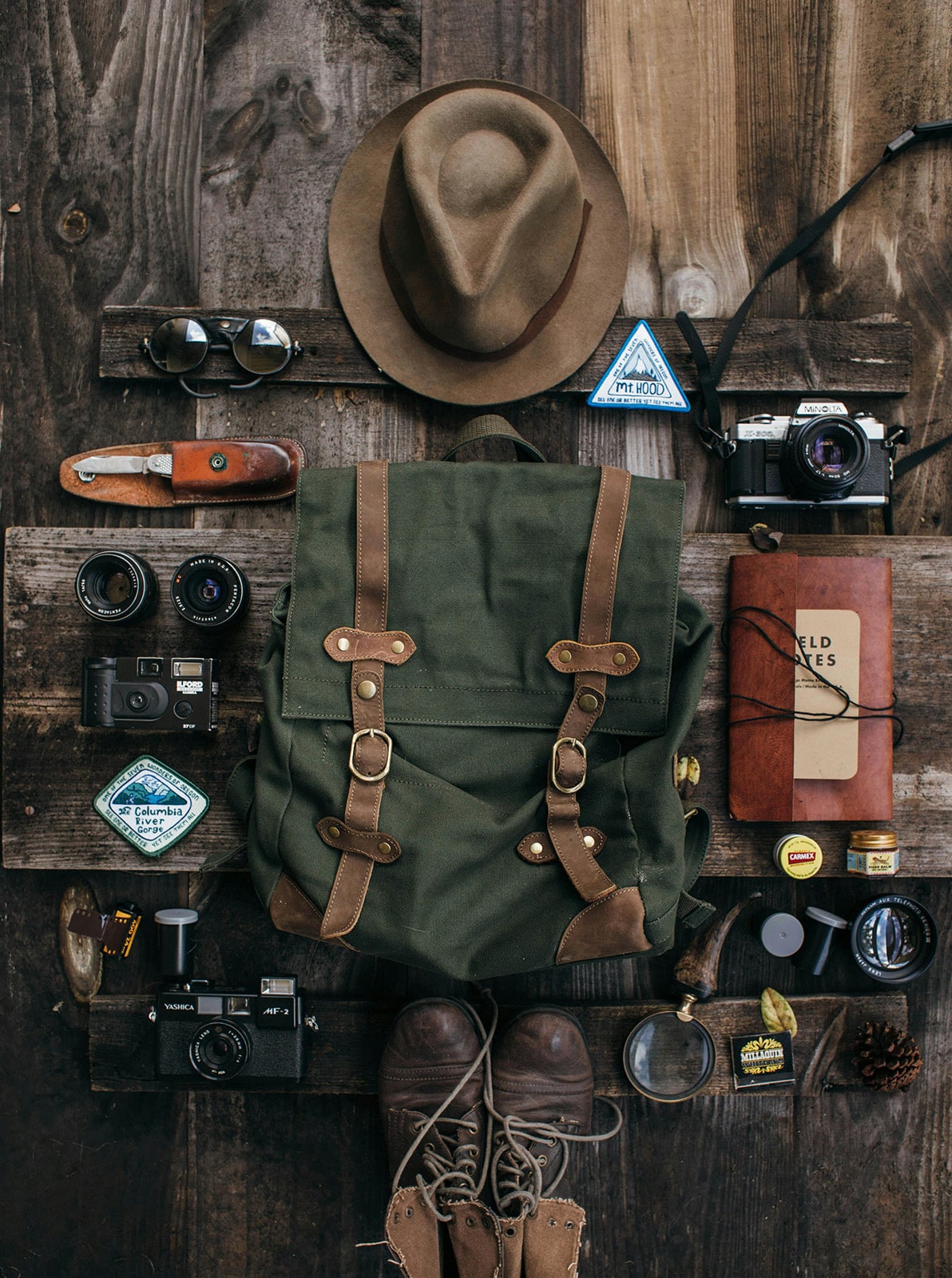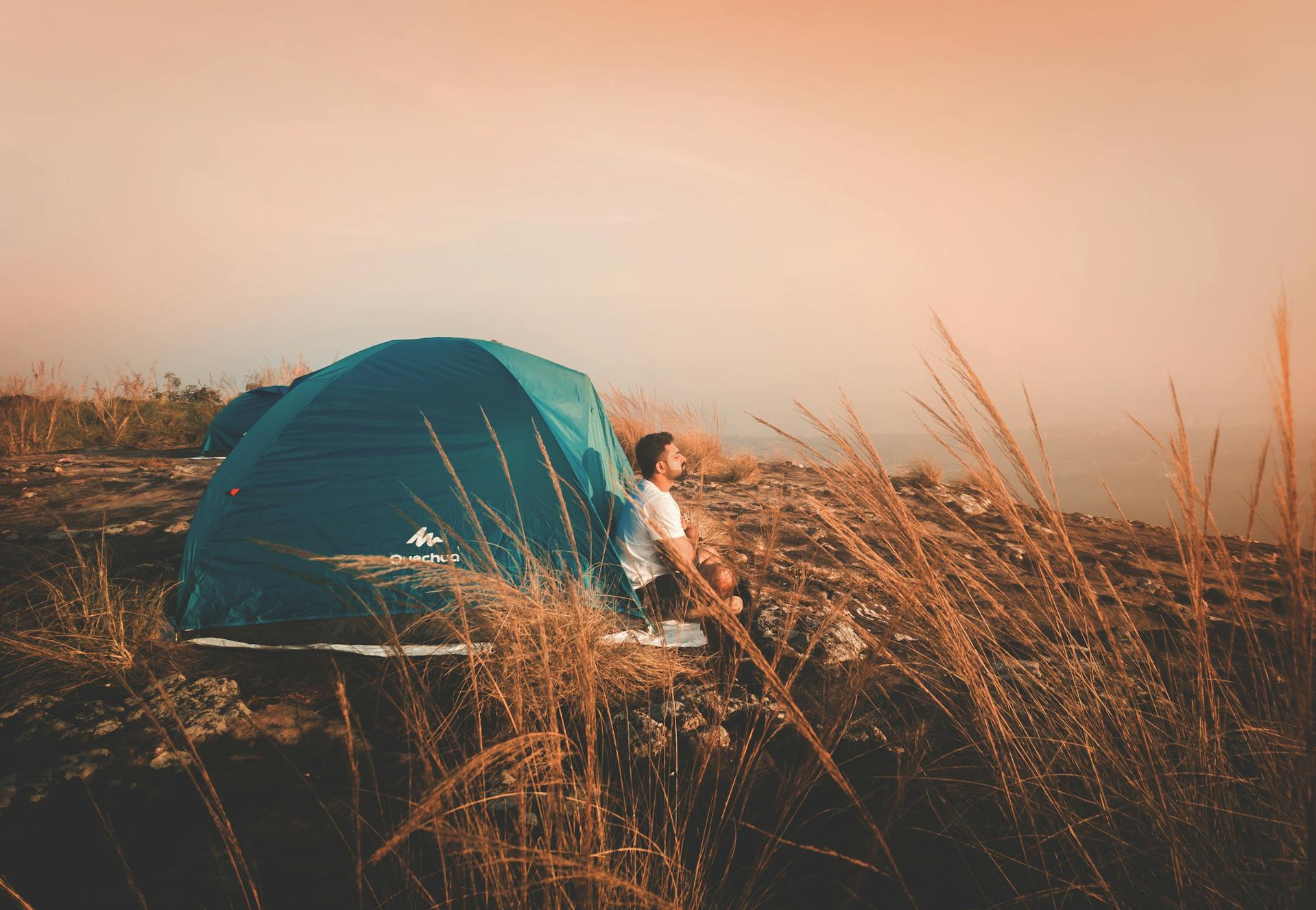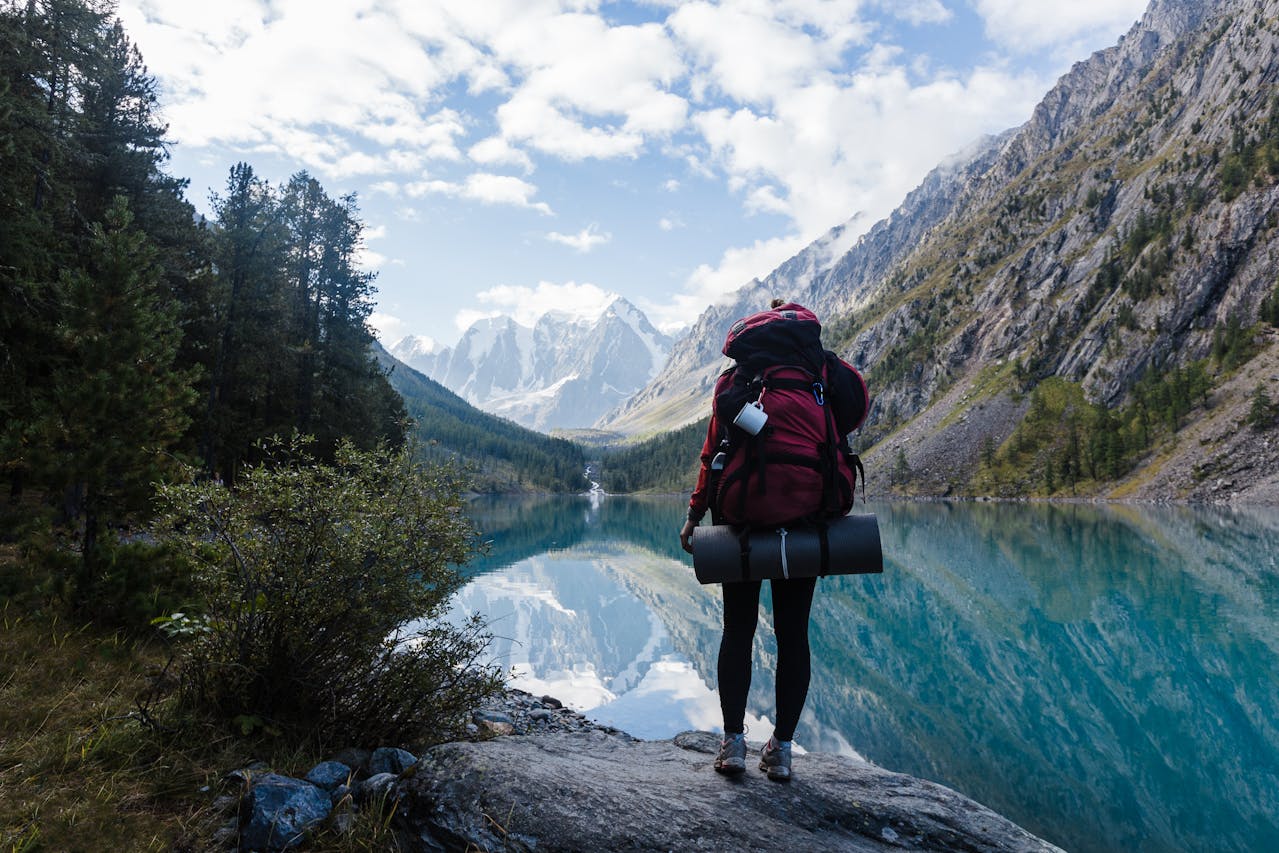1.820.3345.33
[email protected]
Backpacking across continents is more than just a mode of travel; it’s a lifestyle choice that offers unparalleled freedom and adventure. The appeal lies in the unpredictability and the opportunity to experience life in its most raw and authentic form.
Long-distance backpacking liberates travelers from the constraints of fixed schedules and itineraries. Unlike traditional travel, where every minute may be planned, backpacking allows for serendipitous discoveries and unplanned detours. Whether it’s deciding to extend a stay in a charming village or joining fellow travelers on an impromptu trek, the freedom to choose one’s path fosters a sense of adventure and empowerment.
One of the richest rewards of backpacking across continents is the opportunity to immerse oneself in diverse cultures. Beyond superficial tourist experiences, backpackers often engage deeply with local customs, traditions, and languages. This cultural immersion sparks empathy, broadens perspectives, and challenges preconceived notions. Whether sharing a meal with a local family, participating in a traditional festival, or learning a new dance, these interactions foster genuine connections that transcend geographical boundaries.
From the rugged peaks of the Andes to the pristine beaches of Southeast Asia, backpacking offers unparalleled access to some of the world’s most breathtaking landscapes. Unlike conventional travel, where destinations are often chosen for their amenities, backpackers seek out natural wonders and remote locales. Hiking through dense rainforests, camping under starlit skies, and discovering hidden waterfalls are not just activities but transformative experiences that deepen one’s appreciation for the Earth’s beauty and fragility.
Successful long-distance backpacking requires careful preparation and the right equipment to navigate diverse terrains and climates.
Selecting a backpack that fits comfortably and distributes weight evenly is essential. Consider factors like capacity, durability, and features such as adjustable straps and ventilation. Quality gear, including sturdy footwear, weather-appropriate clothing, and a reliable tent or sleeping bag, ensures comfort and safety throughout the journey.
The art of packing light begins with prioritizing versatile clothing and essential items. Opt for lightweight, quick-drying fabrics that can be layered for warmth or cooling. Minimize non-essential items and consider multi-purpose gear, such as a portable stove that also functions as a utensil set. Streamlining your pack not only lightens the physical load but also enhances mobility and flexibility on the road.
While spontaneity is prized in backpacking, foundational research enhances the overall experience. Identify key destinations based on personal interests and desired experiences, such as historical sites, natural reserves, or cultural festivals. Familiarize yourself with local customs, visa requirements, and safety advisories. While a flexible itinerary allows for serendipitous discoveries, having a basic framework ensures that logistical challenges are minimized, and essential experiences are not missed.

Navigating the complexities of long-distance travel requires resilience, preparedness, and a proactive approach to personal safety.
Despite the exhilaration of exploration, solo travel can occasionally trigger feelings of homesickness or isolation. Staying connected with loved ones through regular communication can provide emotional support. Engaging with fellow travelers or participating in community activities fosters a sense of belonging and alleviates loneliness. Embracing solitude as an opportunity for introspection and personal growth can transform moments of homesickness into cherished reflections.
Budget management is critical for sustained travel. Establish a realistic budget that factors in expenses such as accommodation, transportation, meals, and incidental costs. Research budget-friendly options, such as hostels or guesthouses, and leverage discounts for long-term stays. Monitor expenditures using financial apps or spreadsheets to track spending and adjust accordingly. Prioritize experiences that align with personal interests while being mindful of financial constraints to maintain fiscal stability throughout the journey.
Prioritizing personal safety involves proactive planning and vigilance. Maintain awareness of local customs and laws to navigate unfamiliar environments respectfully. Safeguard personal belongings by using secure accommodations and keeping valuables out of sight. Carry essential documents, such as identification and emergency contacts, in a secure location. Maintain physical health through regular exercise, balanced nutrition, and hydration. Pack a basic first aid kit and familiarize yourself with medical resources in each destination. By prioritizing safety and well-being, travelers can navigate challenges confidently and enjoy enriching experiences.
Solo travel transcends mere exploration; it’s a transformative journey that cultivates personal growth and resilience.
Navigating unfamiliar landscapes and cultural nuances fosters self-reliance and confidence. Each decision made and challenge overcome contributes to personal growth and empowerment. Embracing independence encourages self-discovery and strengthens the ability to adapt to new situations with resilience.
Solo travel inherently involves navigating unforeseen challenges, from transportation delays to cultural misunderstandings. These experiences cultivate resilience, teaching travelers to embrace uncertainty and adapt to changing circumstances. Developing problem-solving skills and maintaining a positive mindset fosters adaptability, enabling travelers to navigate diverse environments with grace and perseverance.
Solo travel offers moments of introspection and self-discovery amidst unfamiliar surroundings. Absorbing the beauty of natural landscapes or engaging with local communities encourages introspection and personal growth. Embracing solitude as an opportunity for reflection fosters a deeper understanding of oneself and cultivates empathy towards others. By immersing oneself in diverse cultures and perspectives, solo travelers develop a broader worldview and forge meaningful connections that transcend geographical boundaries.

Responsible travel practices preserve natural environments and cultural heritage, ensuring that future generations can also enjoy the wonders of the world.
Practice Leave No Trace principles by minimizing waste and reducing carbon footprint. Use reusable products, such as water bottles and shopping bags, to minimize plastic waste. Opt for eco-friendly transportation options, such as public transit or cycling, to reduce greenhouse gas emissions. Respect wildlife and natural habitats by observing wildlife from a distance and refraining from feeding or disturbing animals.
Contribute positively to local economies by patronizing locally-owned accommodations, restaurants, and shops. Choose cultural experiences that prioritize authenticity and support community initiatives, such as artisan workshops or eco-tours. Engage respectfully with local residents and learn about their customs and traditions to promote cross-cultural understanding and mutual respect.
Cultural sensitivity enhances meaningful travel experiences and fosters positive interactions with local communities. Research cultural norms, dress codes, and social etiquette before visiting a new destination. Respect religious practices and sacred sites by following established protocols and refraining from disruptive behavior. Celebrate cultural diversity by participating in cultural festivals and supporting initiatives that preserve indigenous languages and traditions.

Embarking on the art of backpacking across continents is more than a journey; it’s a transformative experience that challenges perspectives, fosters personal growth, and cultivates a deeper connection with the world. By embracing freedom, immersing in diverse cultures, and adopting sustainable travel practices, backpackers can create enduring memories and forge meaningful connections that transcend geographical boundaries.